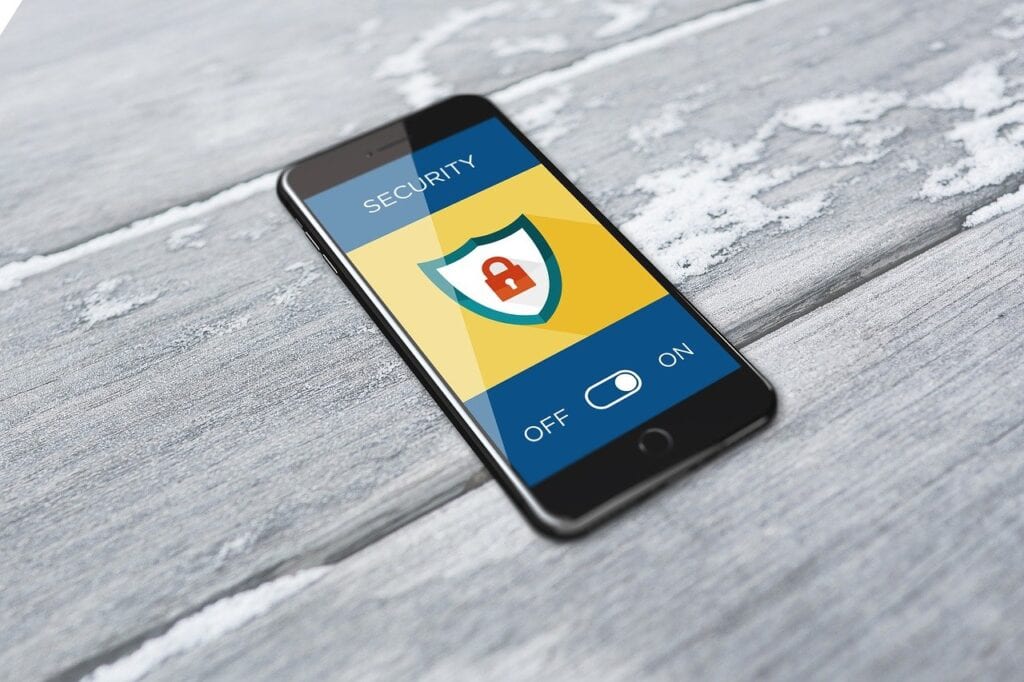Imagine your business had 100 million pounds in its bank, and then one day you said to your 100 employees take a million each and stash it at home for safekeeping.
That’s a little like what’s happened with companies’ data and communications since the COVID-19 pandemic arrived. In the space of weeks, whole workforces transitioned from the office to their homes making their staff an easier target for cyber criminals
Years later from when the UK first went into lockdown many companies are still playing catch-up with the security risks created by the new normal of working from home.
From the protective bubble of working in a secure office our teams are now at home utilising potentially weak wifi passwords, personal laptops shared among family members, a lack or no firewalls, and patchy use of VPNs.
These cybercriminals have raised their game in feeding off poor protocols to infiltrate company systems, prey on the vulnerable at home, and obtain sensitive data.
I am sure any survey is a little light on actual factual numbers as some companies are in denial of the number of attacks that have happened. Most of the incidents are not reported as a ransom has often paid before the business impacts are realised.
With home working looking set to outlast the pandemic, businesses are being forced to change the way they think about cybersecurity. Although the importance of cybersecurity has been rising for years, it was still treated by many companies as something of an after-thought that only came to the fore when something bad happened. Companies are only putting basic measures in place and typically do so after a cyberattack. It’s like someone’s home getting burgled and then they decide to put in security cameras, alarms and other home guarding security. At that point, yes it’s useful for the future, but, too late as they have been robbed of their belongings. My advice is to prepare now before it’s too late!
Start treating cybersecurity as part of your companies DNA

Companies in all sectors have to start treating cybersecurity as part of their business DNA, an essential part of a company’s building block to protect sensitive data. Organisations need to plan for the worst and change from being reactive to proactive in order to reduce business risk.
The global pandemic has accelerated what always had to happen – the need to move to more secure cloud-based platforms, which have eased security concerns by developing better methods in safeguarding data.
Companies also need to take responsibility for providing home-based workers with the resources, protocols, and security education they need. Responsibilities will be shared between employees and service providers. But the primary responsibility will fall on the employer, the owners of the data. Business owners should also look beyond a remote worker’s requirement of the usual simple stuff like a desk and a chair! Supply the team with a secure work laptop or upgrade their current home one and help with a secure home WiFi.
Having those elements in place, as well as ensuring workers are well educated about the various types of attacks they could be exposed to, will go a long way toward reducing security risks.
To find out how Marcus Donald People can help advise and introduce you to Cybersecurity experts who can audit, implement, support and maintain the protocols then please reach out to us and connect with our experts @Joe Knight @James Clayton


